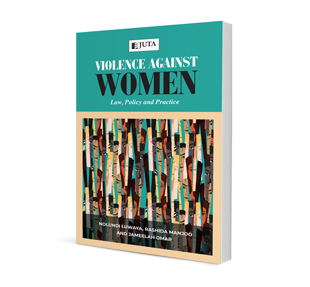
Gender construction in sexual offences cases: A case for fully reviving the Sexual Offences Courts
Authors Karin Chinnian and Aamina Petersen
ISSN: 1996-2088
Affiliations: Senior Lecturer, Department of Criminal Justice and Procedure, Faculty of Law, University of the Western Cape; Lecturer, Department of Criminal Justice and Procedure, Faculty of Law, University of the Western Cape.
Source: Acta Juridica, 2020, p. 135 – 164
Abstract
Gender inequality, male hegemony and the power dynamics at the core of patriarchal society enable the high rate of sexual offences and the low conviction rate of sexual offenders when incidents are reported. The criminal justice system does not provide a safe space for the sexual offence victim/survivor to relate her experience of sexual violence. Sexual Offences Courts provided a victim-centred approach to the criminal justice system. The closure of these courts has been detrimental to the campaign for social justice and the constitutional rights of complainants. Feminist scholarship is employed as a lens through which to analyse and expose the deficiencies in the current framework used to secure convictions in sexual offences cases. Wishik’s development and expansion of the ‘woman question’ is used to refine this method, subquestions are formulated to provide a systematic process for interrogating the status quo, and for finding remedies to redress the problems identified. The closure of Sexual Offences Courts may be seen as a form of discrimination against women. It is therefore recommended that these specialised courts are reintroduced as a matter of urgency as the state needs to meet its constitutional obligations.